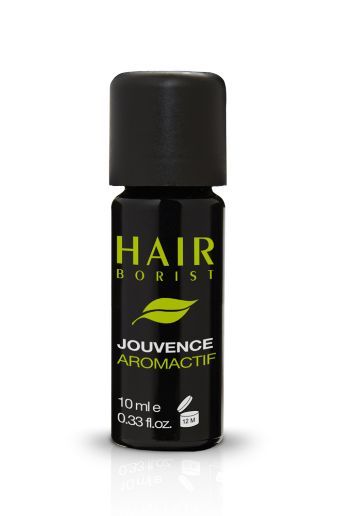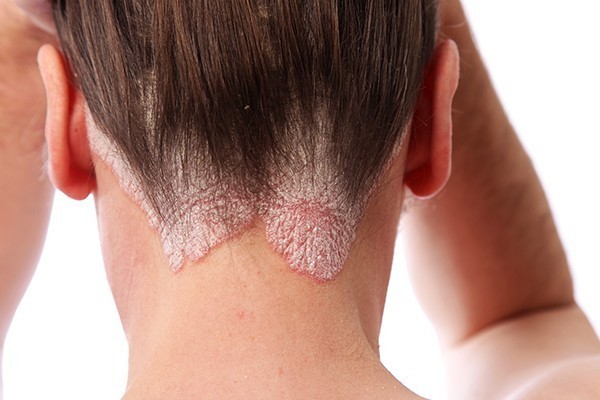Hormonal Imbalance: causes and symptoms

Hormones in our body
The main glands and organs of the endocrine system help your body function properly. The essential functions of hormones are relaying signals throughout the body. When your endocrine system is challenged, it causes hormonal imbalances which can lead to severe consequences on your health. Our hormones determine our body, our skin, our moods. We have a multitude of hormonal glands in the body, and these have various effects on how we function daily.
Hormonal imbalance
Hormone levels can shift at different periods of your life. A hormonal imbalance means you’re either overproducing or underproducing hormones. The consequences and how they affect you are different for everyone. Here are some of the symptoms linked to hormonal imbalance: excess weight gain, water retention, hot flashes, mood swings, oily skin, dry skin, and/or hair loss.
These imbalances can start from as early as your teen years – during puberty. The adolescent mind undergoes transformations stimulated by the endocrine glands. But let’s focus on those that can cause hair loss.
Reproductive Glands
The primary reproductive glands (ovaries in women and testicles in men) regulate our hormone signals. The ovaries produce estrogen and progesterone, and the testicles produce testosterone in men. These hormones have a direct effect on our hair growth. The reproductive glands stimulate the production of hair on the body but can also cause baldness.
Testosterone in women
Although considered a male hormone, women need testosterone to protect their organs and to age well. This hormone also stimulates sexual desires. Women tend to produce 40% less testosterone compared to men. But sometimes it happens that certain women produce more.
Women who have high levels of testosterone are likely to notice increasing body or facial hair growth. This is particularly noticeable around the chin and mouth area. It can also lead to hair loss. As testosterone in the blood increases and converts to high levels of dihydrotestosterone (DHT). Dihydrotestosterone accelerates and reduces hair growth. It’s believed that DHT harms the hair follicles, making it impossible for healthy hair to survive.
Thyroid
Thyroid related problems can be characterized by significant fatigue, anxiety or depression, unexplained weight gain, hot flashes, skin related problems when adjusting to hot or cold temperatures, hair loss, changes in hair and skin structure.
You may well be suffering from hormonal imbalance if you notice the following symptoms: develop skin conditions, dry skin, brittle nails, dry hair, itching, mood swings, weak muscles. It’s always best to seek medical advice if you experience symptoms. A doctor can analyze your thyroid levels based on a blood test.
Hormonal imbalances affect the sebum gland
Our glands interact with each other to produce hormones. A hormonal imbalance can have severe consequences on sebum production. Your body’s sebum glands protect the skin and scalp. You may start experiencing hair loss if your sebum glands are affected. A hormonal imbalance in your body could be to blame if you feel that your sebum glands have changed and you should, therefore, talk to a doctor or specialist.
Related Products

JOUVENCE
Natural hormone oil rich in phyto estrogen formulated to help deal with hormone imbalance


